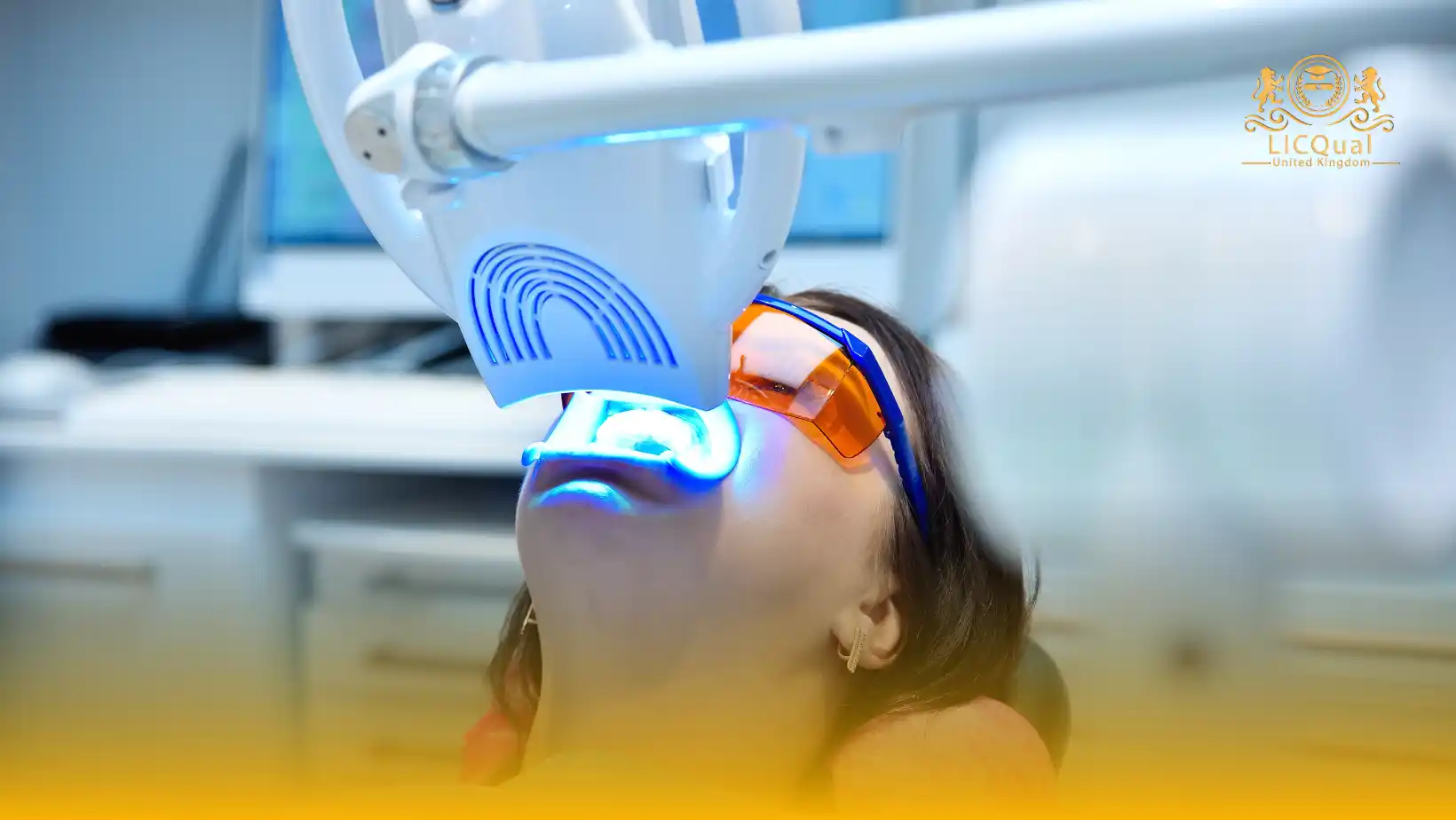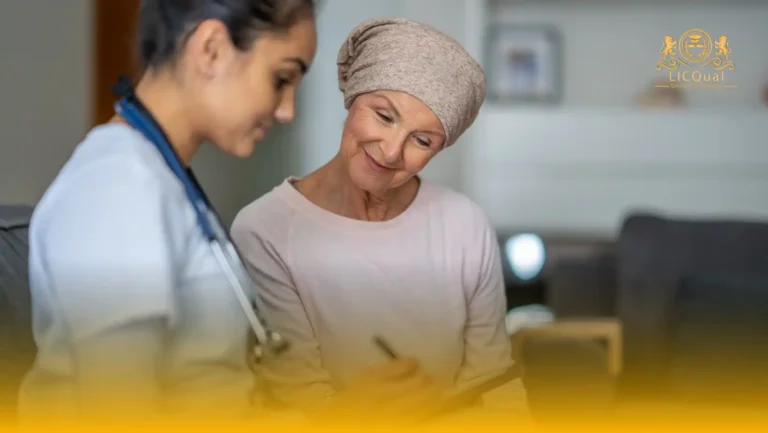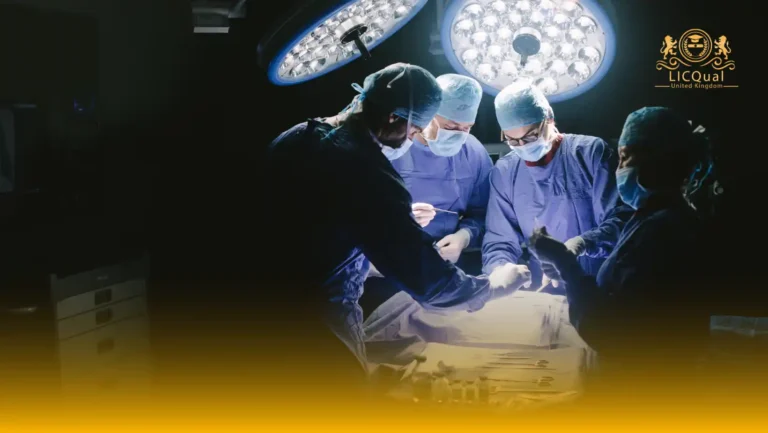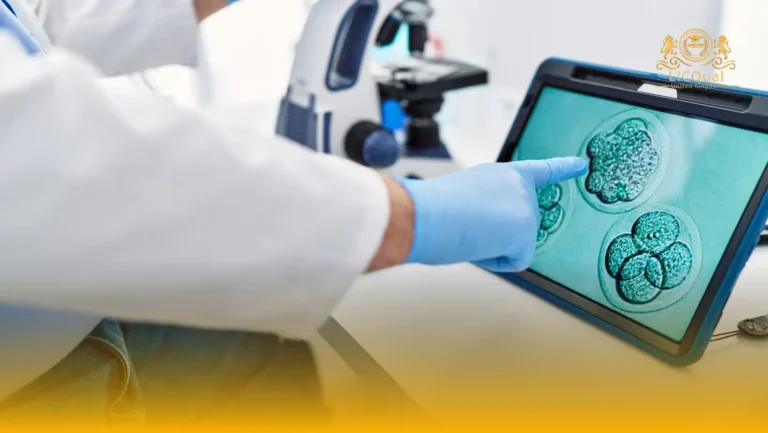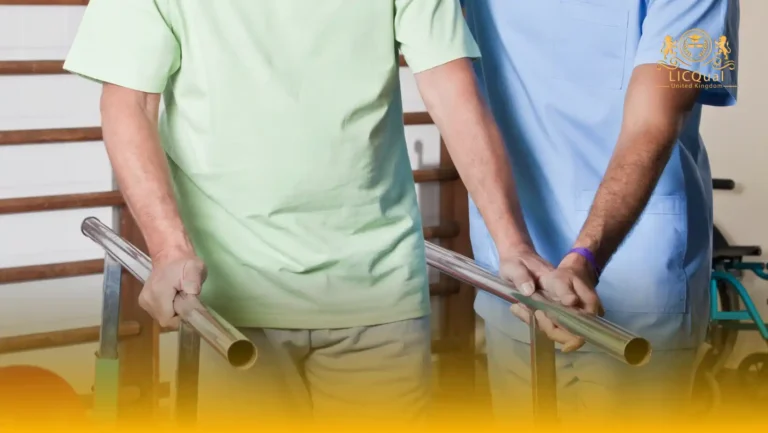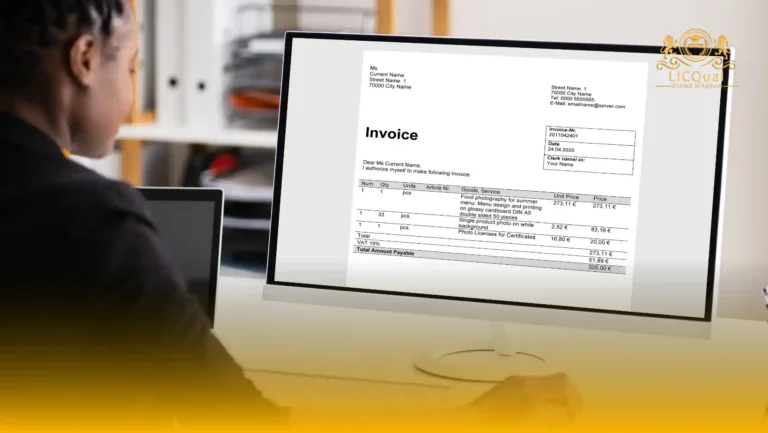The LICQual Level 3 Diploma in Laser Dentistry is a specialised qualification designed for dental professionals who want to advance their expertise in the safe and effective use of laser technology within dentistry. This programme is not intended for beginners but is tailored for experienced practitioners who are looking to expand their clinical knowledge, enhance treatment outcomes, and strengthen their professional portfolio.
Laser dentistry has become an essential part of modern dental practice, offering innovative solutions for procedures such as periodontal therapy, cavity preparation, oral surgery, soft tissue management, and cosmetic treatments. By completing this diploma, learners will gain the advanced skills needed to integrate laser applications confidently into their daily practice while adhering to the highest standards of patient safety and care.
This qualification supports professionals in broadening their career prospects and plays a key role in Continuing Professional Development (CPD). It equips learners with both theoretical knowledge and practical experience, ensuring they are able to deliver high-quality, evidence-based treatment options in line with international best practice.
Centres delivering the LICQual Level 3 Diploma in Laser Dentistry must ensure that training is conducted by competent and qualified staff who are experts in the field. In addition, centres are required to provide access to modern dental equipment, simulation resources, and up-to-date learning materials to guarantee a high standard of teaching and learner success.
By enrolling in this diploma, dental professionals can stay at the forefront of technological advancement in dentistry, delivering improved patient care while securing long-term career growth.
Course Overview
Qualification Title
LICQual Level 3 Diploma in Laser Dentistry
Total Units
6
Total Credits
60
GLH
240
Qualification #
LICQ2200668
Qualification Specification
To enroll in the LICQual Level 3 Diploma in Laser Dentistry, applicants must meet the following criteria:
|
Qualification# |
Unit Title |
Credits |
GLH |
|---|---|---|---|
|
LICQ2200668-1 |
Principles and Foundations of Laser Dentistry |
10 |
40 |
|
LICQ2200668-2 |
Laser Applications in Restorative Dentistry |
10 |
40 |
|
LICQ2200668-3 |
Laser Use in Periodontology and Soft Tissue Management |
10 |
40 |
|
LICQ2200668-4 |
Laser Applications in Oral Surgery and Endodontics |
10 |
40 |
|
LICQ2200668-5 |
Aesthetic and Cosmetic Laser Dentistry |
10 |
40 |
|
LICQ2200668-6 |
Clinical Practice, Patient Safety, and Professional Development |
10 |
40 |
By the end of this course, learners will be able to:
Unit 1: Principles and Foundations of Laser Dentistry
- Understand the fundamental principles of laser physics and laser-tissue interactions.
- Identify different types of dental lasers and their specific applications.
- Apply essential laser safety protocols in clinical practice.
- Evaluate the advantages and limitations of lasers compared to conventional dental tools.
Unit 2: Laser Applications in Restorative Dentistry
- Demonstrate the use of lasers in cavity preparation and caries removal.
- Apply laser techniques to enhance restorative dental procedures.
- Assess clinical cases where restorative lasers provide improved patient outcomes.
- Integrate restorative laser methods safely and effectively in everyday dental practice.
Unit 3: Laser Use in Periodontology and Soft Tissue Management
- Understand the role of lasers in periodontal disease management.
- Perform soft tissue procedures such as gingivectomy, frenectomy, and crown lengthening using lasers.
- Analyse clinical indications and contraindications of periodontal laser use.
- Apply evidence-based techniques for improving soft tissue healing and patient comfort.
Unit 4: Laser Applications in Oral Surgery and Endodontics
- Use lasers effectively in oral surgical procedures.
- Apply laser techniques in root canal disinfection and endodontic treatment.
- Evaluate the clinical benefits of laser use in oral surgery and endodontics.
- Demonstrate safe post-operative management and patient care following laser procedures.
Unit 5: Aesthetic and Cosmetic Laser Dentistry
- Apply laser techniques for teeth whitening and smile enhancement.
- Evaluate the role of lasers in cosmetic dental treatments.
- Integrate laser technology into aesthetic dentistry for improved patient outcomes.
- Ensure patient safety and satisfaction in cosmetic and aesthetic laser procedures.
Unit 6: Clinical Practice, Patient Safety, and Professional Development
- Perform laser procedures in compliance with safety and infection control standards.
- Demonstrate effective patient communication regarding laser treatment options and risks.
- Apply reflective practice to enhance professional skills in laser dentistry.
- Commit to ongoing Continuing Professional Development (CPD) in laser dentistry.
The LICQual Level 3 Diploma in Laser Dentistry is designed for dentists, dental specialists, and oral healthcare professionals who want to gain advanced knowledge and practical skills in laser-assisted dental procedures. This program is ideal for those seeking specialization in modern laser dentistry, minimally invasive treatments, and internationally recognized credentials. Whether you are a practicing dentist, a dental hygienist, or an early-career professional, this diploma equips you to safely and effectively use laser technology in a wide range of dental applications.
1. Practicing Dentists Seeking Laser Dentistry Specialization
- Designed for licensed dentists aiming to expand their clinical capabilities.
- Provides training in soft tissue and hard tissue laser applications.
- Enhances skills in minimally invasive procedures and patient care.
- Strengthens knowledge in laser safety and regulatory compliance.
- Offers internationally recognized credentials to boost career opportunities.
2. Dental Specialists
- Ideal for orthodontists, periodontists, prosthodontists, and restorative dentists.
- Focuses on integrating laser technology into specialized treatments.
- Builds expertise in advanced clinical procedures using lasers.
- Enhances precision in cosmetic and periodontal interventions.
- Prepares specialists to manage complex laser-assisted cases effectively.
3. Early-Career Dental Graduates
- Suitable for recent BDS, DDS, or equivalent graduates seeking laser dentistry expertise.
- Provides foundational knowledge in laser physics and clinical applications.
- Prepares learners for advanced clinical and laboratory roles.
- Encourages evidence-based practice in minimally invasive procedures.
- Increases employability in modern dental clinics and practices.
4. International Dental Professionals
- Tailored for practitioners seeking UK-accredited laser dentistry qualifications.
- Offers flexible online learning accessible worldwide.
- Aligns with international standards in laser-assisted dental care.
- Enhances global recognition and career mobility.
- Provides practical insights into modern dental laser technology.
5. Dental Educators and Academic Professionals
- Designed for lecturers and trainers updating curriculum on laser dentistry.
- Incorporates evidence-based techniques for teaching advanced dental procedures.
- Supports academic leadership and research in laser dentistry.
- Enhances credibility as an expert in modern dental technology education.
- Provides opportunities for publications and clinical research contributions.
6. Clinic Owners and Practice Managers
- Helps dental practice owners expand services into laser-assisted dentistry.
- Provides strategies for safe and efficient clinical workflow using lasers.
- Strengthens team supervision and patient management protocols.
- Enhances patient satisfaction through advanced, minimally invasive treatments.
- Promotes practice growth by offering cutting-edge dental procedures.
7. Career-Oriented Dental Professionals Seeking Recognition
- Ideal for professionals aiming for internationally recognized laser dentistry credentials.
- Enhances clinical expertise and professional credibility in modern dentistry.
- Opens pathways to advanced clinical, academic, or consultancy roles globally.
- Provides a career-boosting foundation in laser-assisted dental procedures.
- Equips professionals to excel in multidisciplinary dental and medical environments.
Centres delivering the LICQual Level 3 Diploma in Laser Dentistry must ensure they meet the highest standards of teaching, assessment, and learner support. To maintain quality and compliance with international benchmarks, centres are required to have the following:
- Qualified and Experienced Staff: Trainers and assessors must be suitably qualified in dentistry, with recognised expertise and practical experience in laser dentistry and related clinical applications.
- Approved Learning Environment: Centres must provide a safe, fully equipped clinical and classroom setting with access to modern dental laser equipment and resources required for training and assessments.
- Access to Clinical Facilities: Learners should have opportunities for supervised hands-on practice with real or simulated patients in an appropriate clinical environment.
- Up-to-date Learning Materials: Centres must provide comprehensive course materials, including manuals, digital resources, and evidence-based content aligned with current best practices in laser dentistry.
- Assessment and Quality Assurance: Robust systems must be in place to ensure fair, consistent, and transparent learner assessment, supported by internal and external quality assurance processes.
- Learner Support Services: Centres should offer effective academic guidance, pastoral care, and CPD support to help learners succeed throughout their studies.
- Compliance with Health and Safety Standards: Centres must follow strict health, safety, and infection control protocols, especially when conducting clinical laser training.
By meeting these requirements, centres can ensure the delivery of high-quality training that supports learner success and contributes to advancing professional standards in modern dentistry.
Assessment and Verification
All units within this qualification are subject to internal assessment by the approved centre and external verification by LICQual. The qualification follows a criterion-referenced assessment approach, ensuring that learners meet all specified learning outcomes.
To achieve a ‘Pass’ in any unit, learners must provide valid, sufficient, and authentic evidence demonstrating their attainment of all learning outcomes and compliance with the prescribed assessment criteria. The Assessor is responsible for evaluating the evidence and determining whether the learner has successfully met the required standards.
Assessors must maintain a clear and comprehensive audit trail, documenting the basis for their assessment decisions to ensure transparency, consistency, and compliance with quality assurance requirements.

